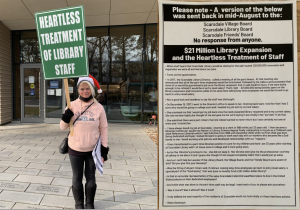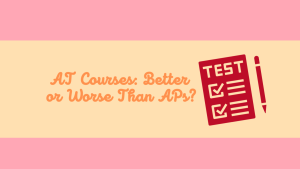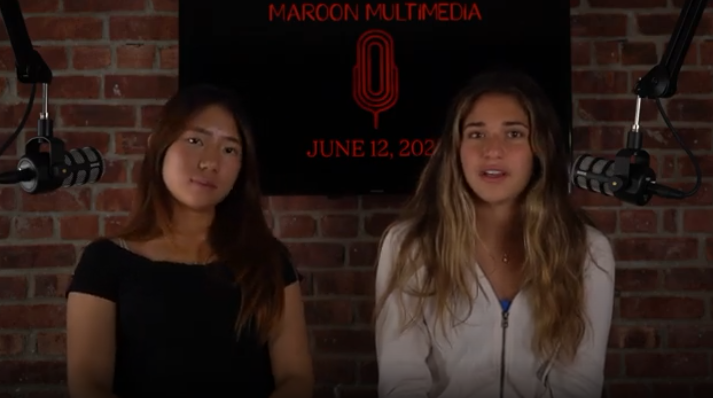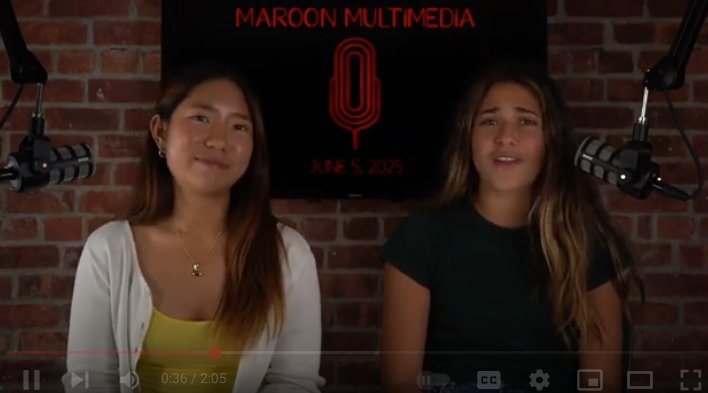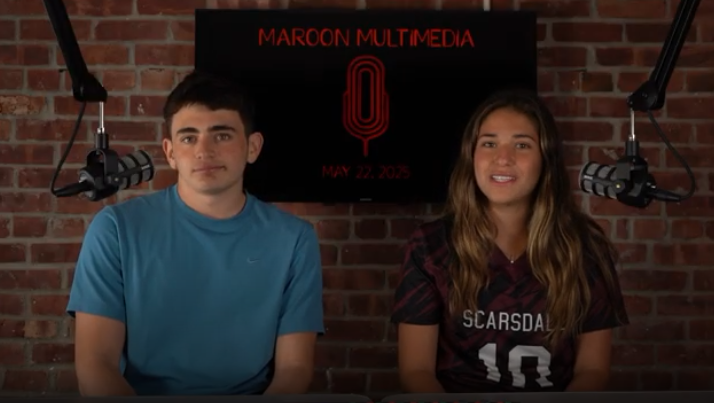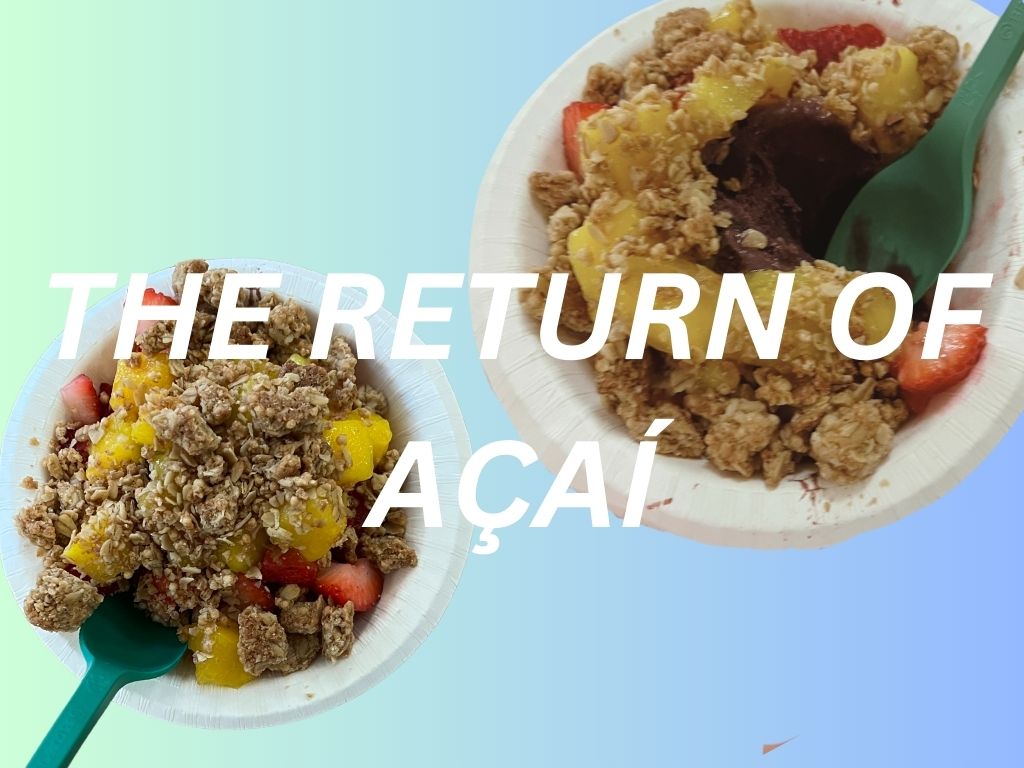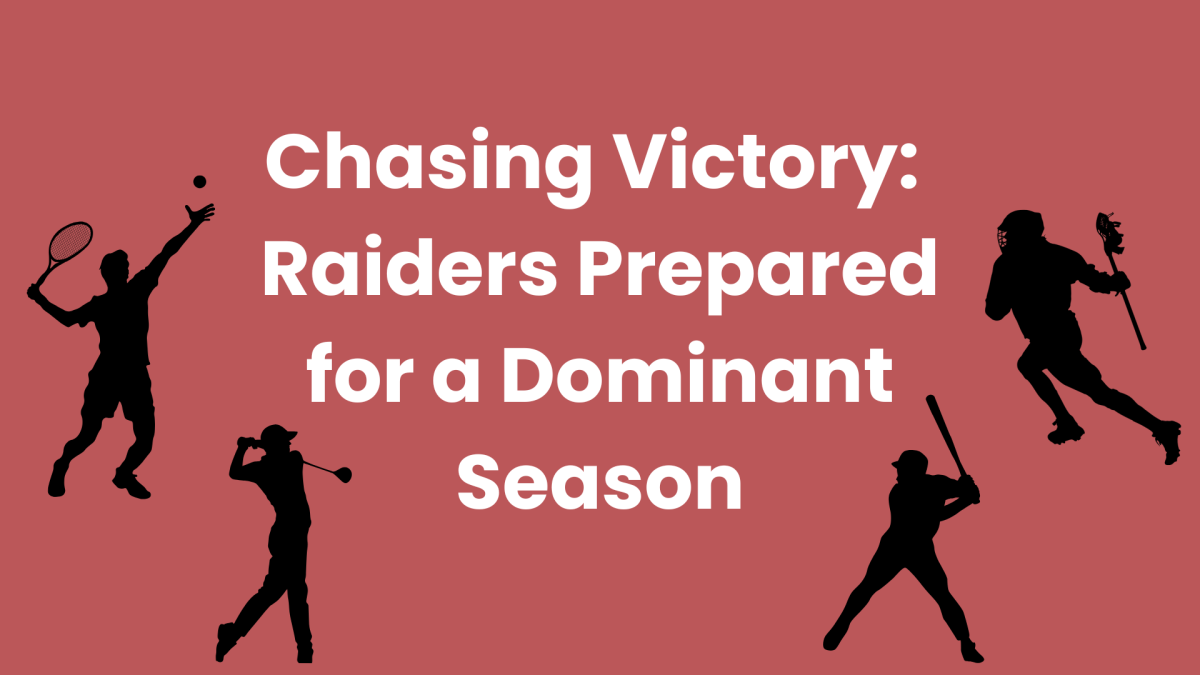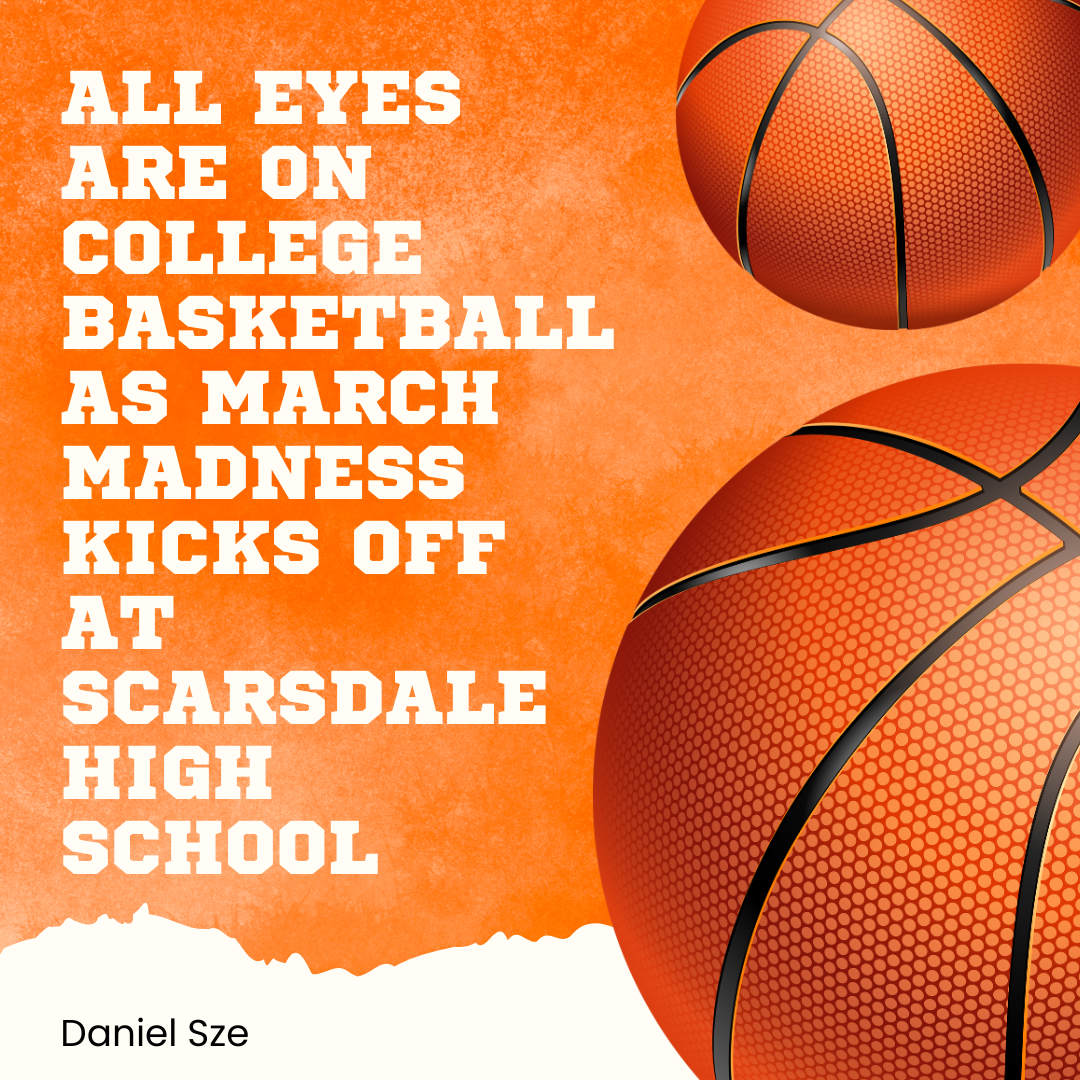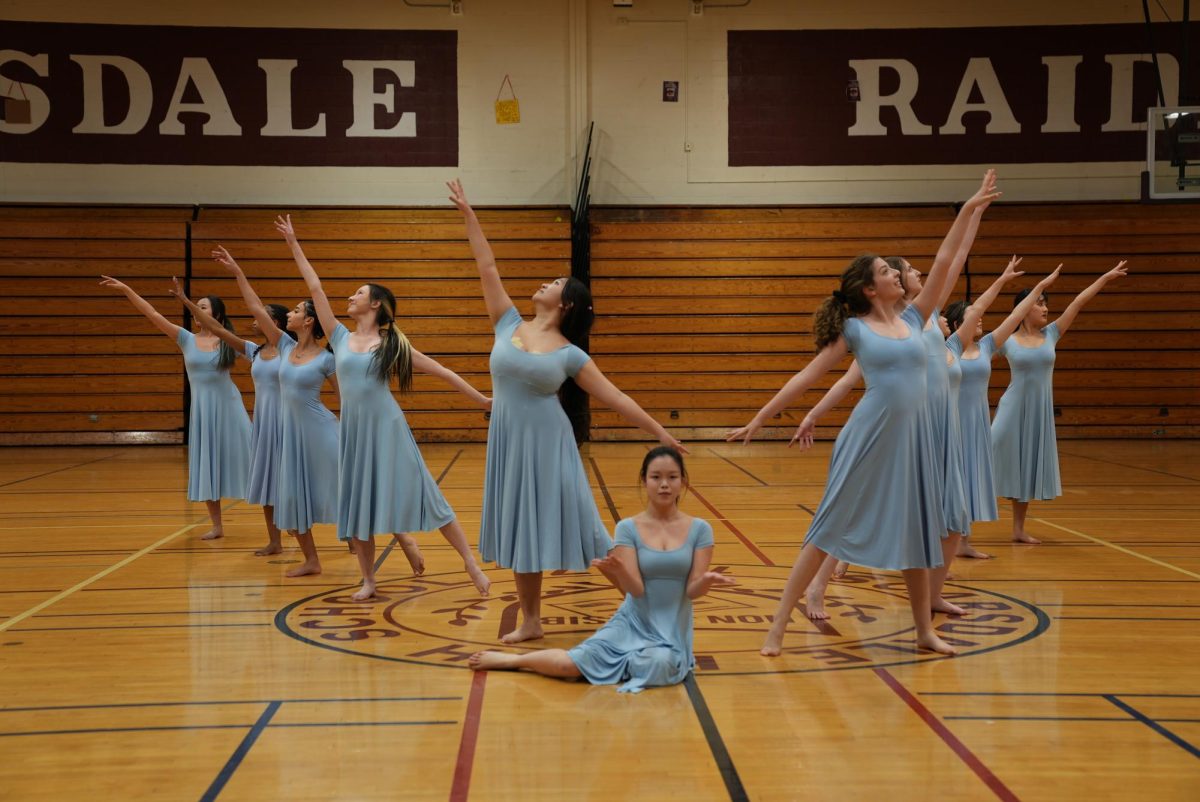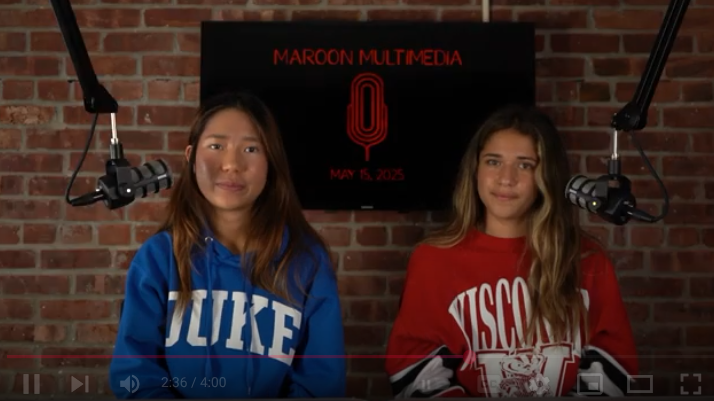Q&A: Aija Mayrock
April 10, 2016
At first glance, Aija Mayrock may seem like your typical NYU college student — she goes to classes, hangs out with friends, and seems happy. But Mayrock’s life was not always as untroubled as it seems. As a teenager, she was cruelly bullied for years, and even when she moved away from her original tormentors, they continued to target her online. In the years since, Mayrock has turned her journey of overcoming self-doubt, hurt, and sadness into a book, titled The Survival Guide to Bullying, aimed at helping other kids who are victims of bullying. In her book, she shares tips for how to survive a school day, encouragement, and “roems” — combinations of raps and poems that send inspirational messages.
In February, Mayrock gave a presentation to SHS freshmen, and below she shares more of her story:
| What was your first presentation to students like? How has your presentation changed, and have you gotten used to it?My first presentation to students was on October 3rd 2014. I spoke to 150 4th, 5th, and 6th grade students. As soon as I started rapping, they got up from their seats and swarmed at me. They grabbed the mic and started sharing their story in front of the whole school. It was one of the most incredible moments of my life. Since then, I have made my presentation more interactive, because as much as I love sharing my story and advice, I want to hear from everyone, as well! I also have created a longer rap (10 minutes long) because my readers tell me that it’s their favorite part.
You said in your talk that it was when you were actually the most upset when you were more popular and were no longer being directly bullied by those right around you. Can you expand upon that? How can students recognize someone who needs help and reach out to them, even if they’re not being obviously bullied? I had survived bullying and then two years later, I became the girl I always wanted to be – the popular girl. But popularity and being loved by your peers means nothing, if you don’t love and accept yourself. I had a lot of insecurities (as we all do) and I didn’t love myself. So that’s when I felt more alone than ever. And no one knew that. It’s important to never put anyone on a pedestal. Just talk to your peers, ask them how they are, how their day is, etc… When you see someone sitting alone, distancing themselves from the crowd, or look sad – join them, have a conversation, and ask them what’s wrong. It’s just being a good classmate, peer, or person.
How can teachers have conversations about bullying with students without them being completely ineffective? I think that’s important to not blame anyone – the victim or the bully. I would hope teachers could get on the same level as a kid – talk to them person to person – about the real consequences of being bullied and not telling anyone, watching bullying occur and doing nothing, or hurting another human being. But it’s also on the students to be open and receptive to having a conversation with a teacher. What was the most difficult thing about writing your book? The least difficult? The most difficult thing about writing my book was realizing that the whole world was going to be able to read it and interpret it in whatever way they wanted. The least difficult thing about writing my book was the roems – they came really easily to me and I loved writing them.
What would you say to your bullies if you saw them today? This is something I think about frequently and I honestly don’t know the answer to. I think I would ask them, “Why?”, It’s still a question I ask myself. As much as I have let go of my past, it’s still a question that remains in my head. What is the most touching/memorable thing a student (or anyone else who’s heard you speak) has said to you? Very often students will say something like, “Your story changed my life” or “You saved my life.” It’s so surreal and unbelievable. I remember all of those comments. If students took only one thing from your presentation, what would you want it to be? You need to stand up – for yourself, for others, and for the world. If no one takes a stand for the injustices in our schools, communities, or planet – nothing will ever change.
|
by Maya Bharara

